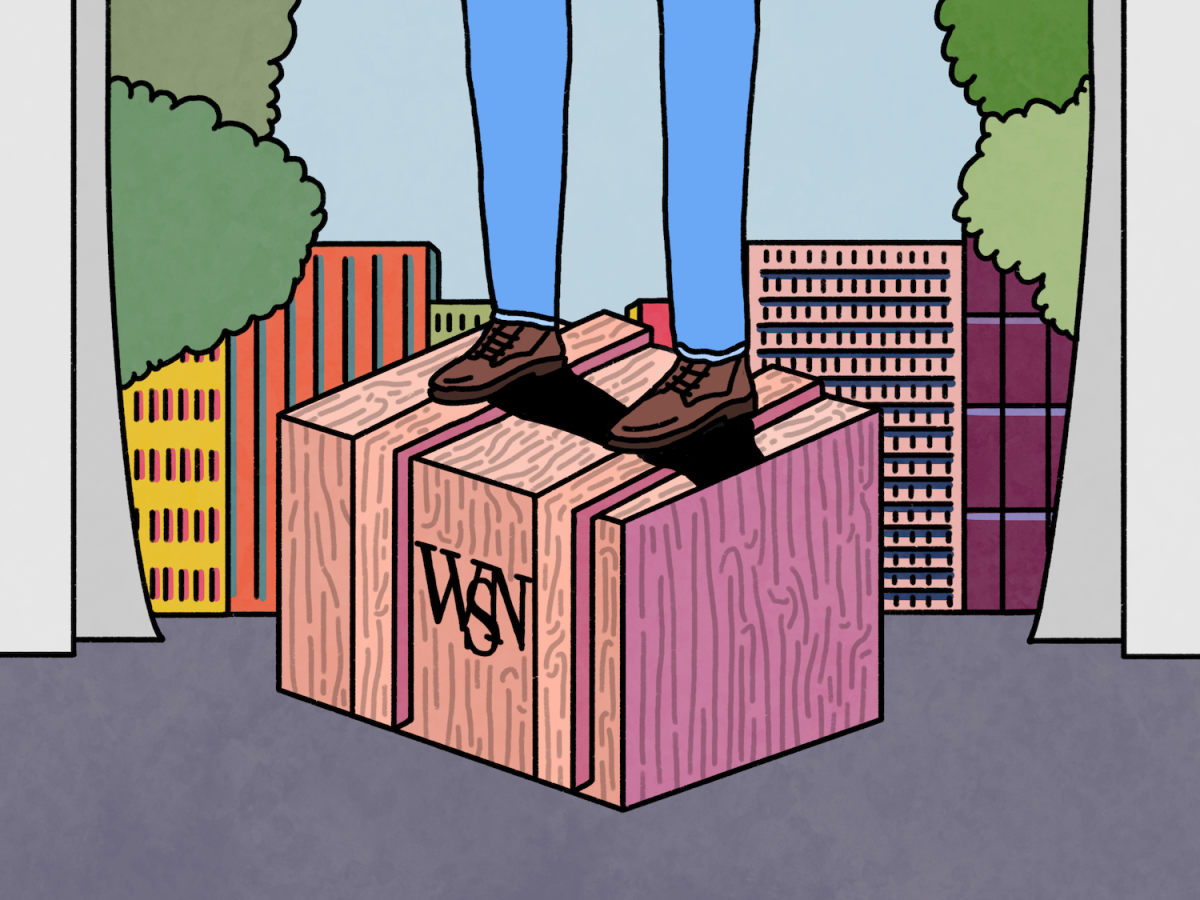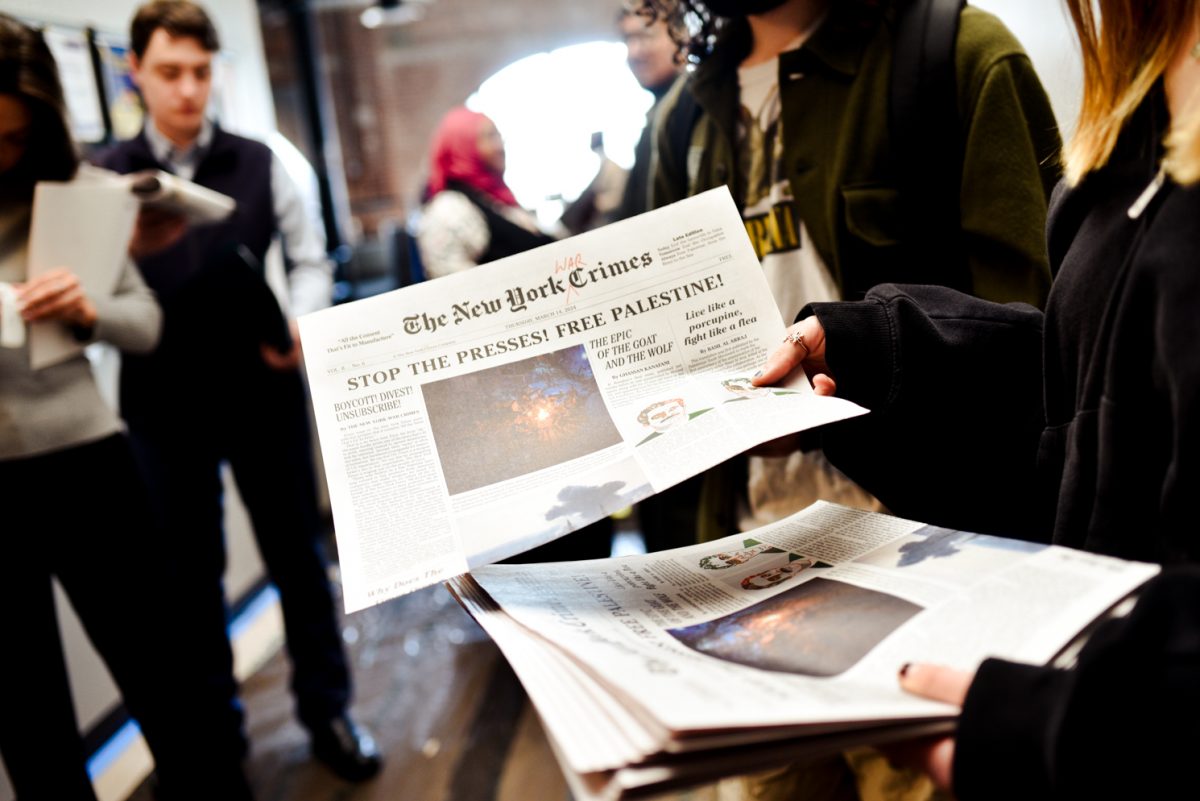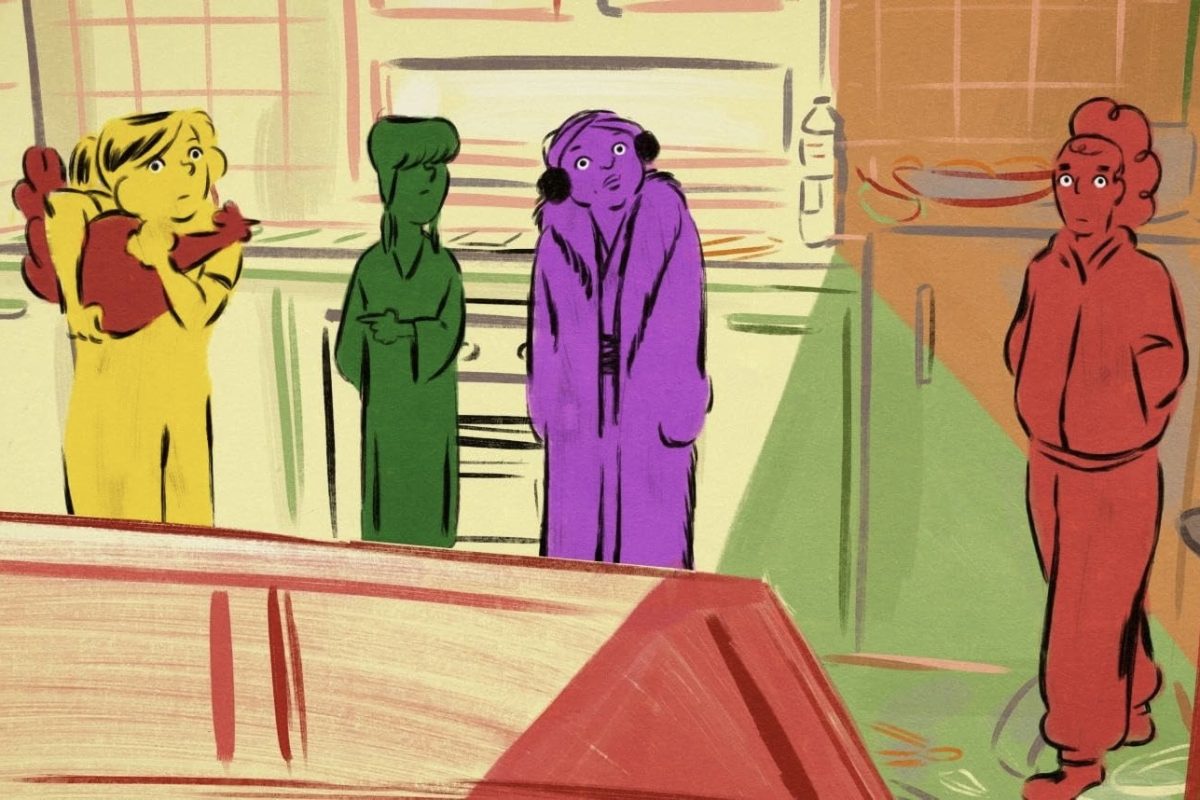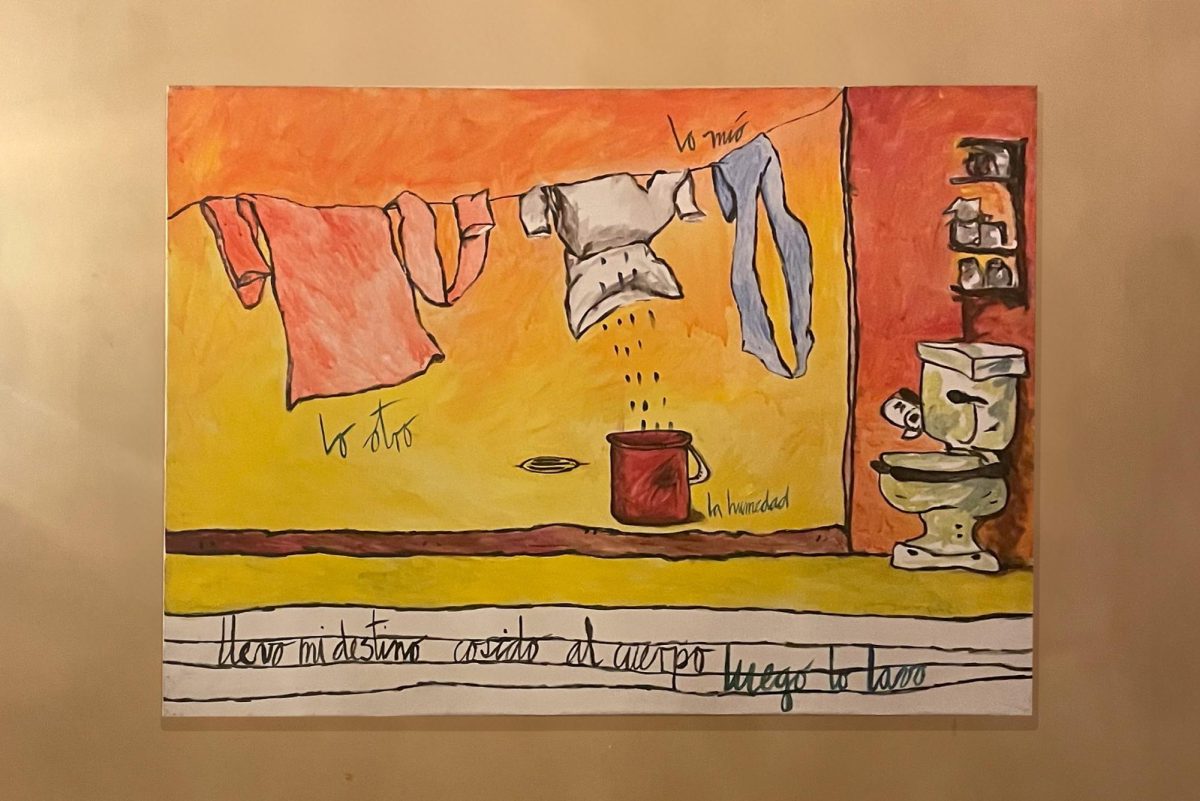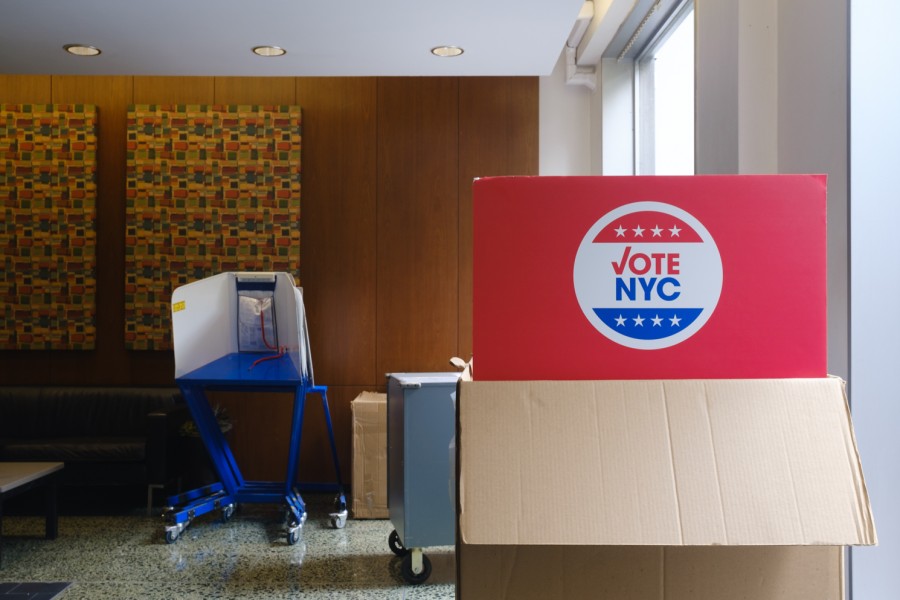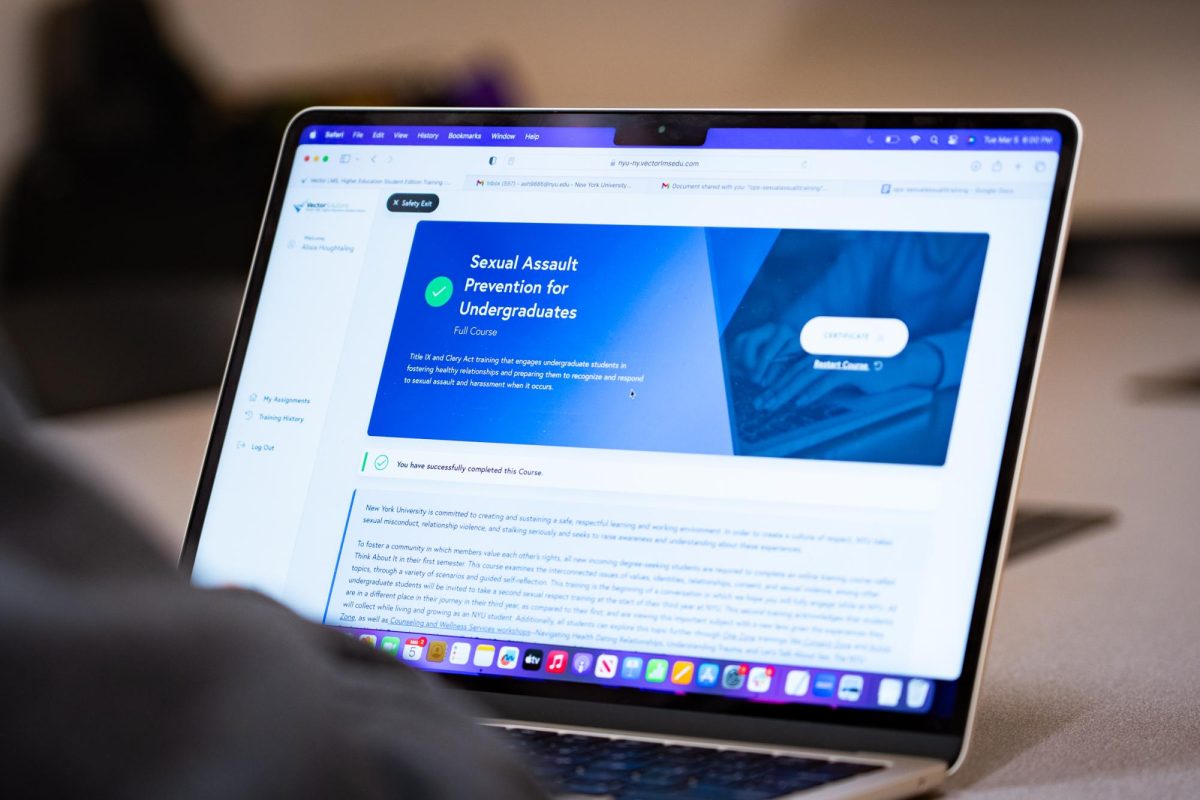In mid-October, NYU was ranked as a top university with the highest activity on BitTorrent sites that could be linked to the school’s server. TorrentFreak.com in conjunction with ScanEye, a public torrent monitor and tracker, ranked NYU third behind both Rutgers University and the Massachussetts Institute of Technology.
BitTorrent is just one of many file-sharing sites used to upload and download information on the Internet. It allows users to quickly download large files by spreading them out across a large peer-to-peer network, and it also enables users to download the different parts simultaneously from many different servers.
Since BitTorrent is only a format for sharing files, nobody except those involved in the specific download has control over what files are being shared. This means that while some of these files could be perfectly legal, such as open-source software, many of the files downloaded are pirated intellectual property such as music and films.
As part of the Higher Education Opportunity Act, which Congress reauthorized in 2008, universities that receive any public funding are obligated to take steps to prevent illegal file sharing on their networks.
“NYU encourages everyone with access to the Internet through NYU log-ins to respect copyright rights,” said Philip Lentz, director for Public Affairs at NYU. “Whenever the university receives a complaint … alleging that someone on the NYU system is hosting illegal content available through a data-sharing site, including BitTorrent, NYU takes every reasonable measure to identify the user and instruct them to remove the content.”
Bharat Rao, an associate professor and a member of the technology management faculty at the Polytechnic Institute of NYU, said although universities are supposed to enforce strong measures against illegally downloading content, it is easier said than done.
“You cannot beat the price of free,” Rao said. “Given that a lot of the content out there may be perfectly legal to download and share, it becomes difficult to supervise and filter what is legitimate and what is not … even if the university clamps down unilaterally, you can be sure that enterprising students would find alternate ways to download the content they’re after.”
A statement by Marilyn McMillan, vice president for Information Technology and Chief Information Technology Officer for NYU, warned against the nature of peer-to-peer networks.
“[These networks can] actually turn your computer into a server, allowing it to be used for distributing copyrighted material,” she said. “The music industry thus far has principally targeted those whose computers distribute illegally downloaded music, rather those who simply download.”
But some NYU students seem to think otherwise.
“I think torrents are fine, I really don’t see the problem with them,” Gallatin freshman Hannah Cohen said. “Most artists are already making enough money from tours and promotions anyway. They should be happy people are listening to their music at all.”
Alex Randazzo, a Tisch freshman prefers to get his music from legal streaming sites like Spotify.
“After all the warnings, I don’t really feel comfortable going on torrent sites.” Randazzo said. “That’s how I roll now.”
Andrew Karpan is a staff writer. Email him at [email protected].





